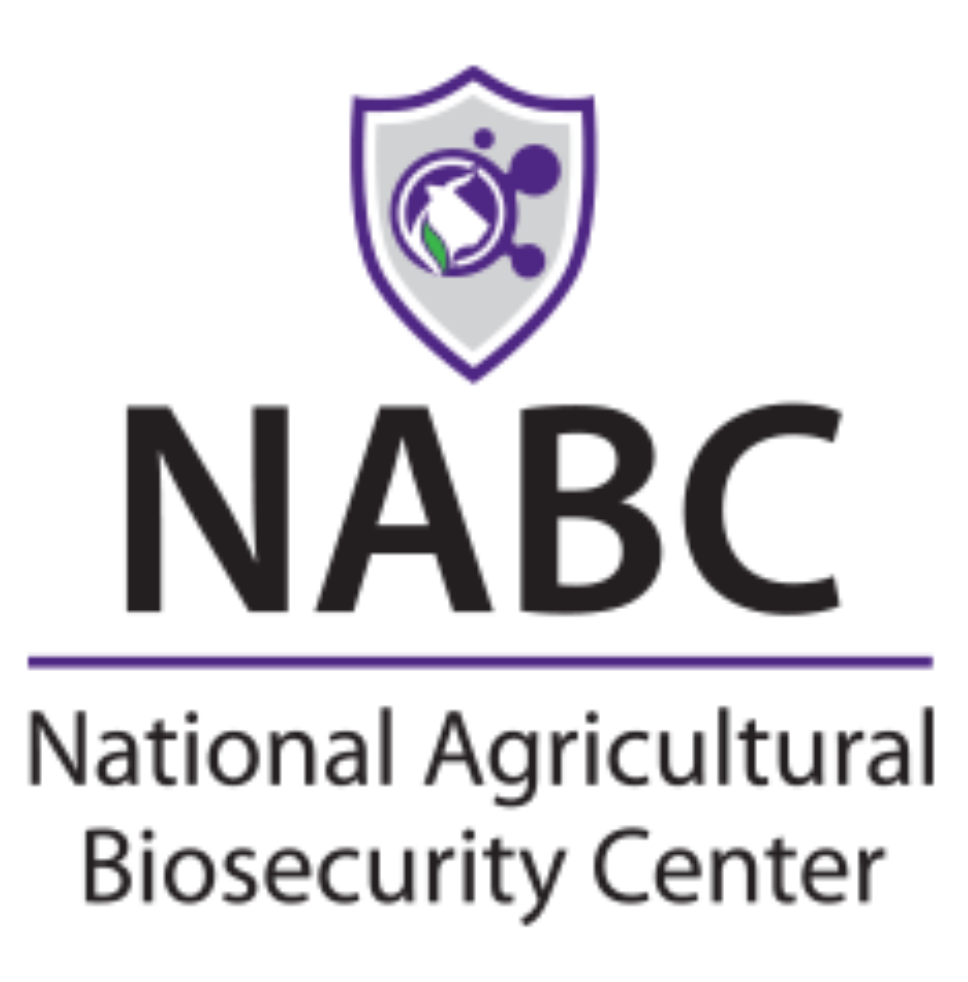
MANHATTAN — The National Agricultural Biosecurity Center at Kansas State University is receiving a more than $1.5 million grant from the U.S. Department of Homeland Security to protect the nation's food supply, according to a media release from the university.
With the grant from DHS's Food, Agriculture and Veterinary Defense Division, the center will seek ways to support the production and economic health of the food and agricultural sectors and sustain human health through a stable and resilient food and agricultural supply chain.
"A robust defense of our nation's agriculture and food systems is as important as ever as supply chains and critical infrastructure incur heightened exposures to risk," said Adrian Self, operations research analyst at the National Agricultural Biosecurity Center, or NABC.
"Enhancing the resiliency of the food and agricultural enterprise, especially in preharvest sectors, against disruption and providing producers, processors and government agencies tools to enhance situational awareness is essential," Self said. "This is the task that has been given to the NABC."
The center will support the Food, Agriculture and Veterinary Defense Division in its role to address vulnerabilities, threats and capabilities needed for food, agriculture and veterinary readiness, overall critical Cybersecurity and Infrastructure Security Agency sector resilience, and further aiding in efforts to secure the nation's food supply, agricultural, economic and human health.
The National Agricultural Biosecurity Center has performed similar work on behalf of the U.S. Department of Defense, U.S. Department of Agriculture and Office of the Director for National Intelligence. The center also has collaborations with K-State colleges, departments and units, in addition to the federal National Bio and Agro-Defense Facility and the Kansas Department of Agriculture.
"This proposal continues previous exploratory and developmental work performed by NABC through prior DHS Food, Agriculture and Veterinary Defense Division tasks and contracts," said Marty Vanier, center director. "NABC's established working relationships and prior collaborative projects with other academic institutions; diagnostic and research laboratories; federal, state, and local agency partners; pre- and post-harvest production, processing and supply chain associations; and private industry has prepared our program to be a dominant actor in driving progress on priorities key to the nation's security."
The projects involved in these undertakings include assessing county-level readiness and capacity to respond to a high-consequence food or agricultural incident; updating animal disease response training; framework development for sharing food and agriculture information, data, and analysis; and assisting the integration and collaboration amongst federal, state, local, research and industry stakeholders.
The National Agricultural Biosecurity Center supports applied scientific research to develop practical agro-security capabilities and programs addressing diverse threats to U.S. and world agricultural economies and food supply chains. It engages elements from local, county, state, and federal governments to enhance national food security.



